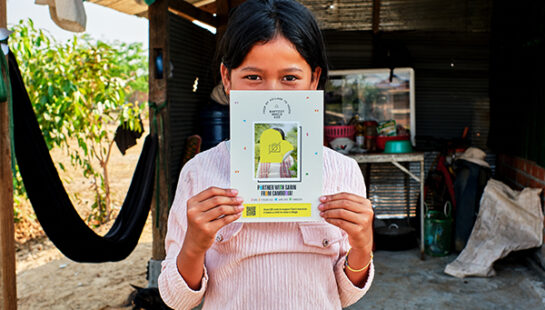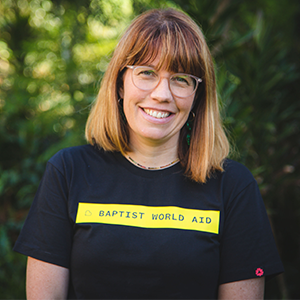In the first part of this series, we explored the Christian posture behind the decision to adopt a minimalist lifestyle, and whether the movement is faith-filled, or a fad.
In this part, we’ll question the sustainability of the movement and look at how to practice minimalism while also caring for your well-being and the planet.
Before we go any further, let me start by saying that in general, moving towards minimalism is sustainable. Overconsumption is devastating to the environment. Humanity’s consumption overshoots the ecological resources that the earth could regenerate in a year by 2August every year. Impulse purchasing contributes to consumer regret, debt and poor financial situations. Regarding fashion, buying clothes we don’t need, love or intend to use more than once or twice is also dishonouring to the estimated 100 people who worked hard to bring you that piece of clothing.
Sustainable For You
At its peak, minimalism flooded the internet with titles such as ’I’m a minimalist: here’s my 100 belongings’; ‘These 15 minimalism rules changed my life’; and ‘I got rid of almost everything’.
While resources like this can be helpful and inspirational for some, for others it can become overwhelming. For someone looking for inspiration to simplify their life a little, they could easily walk into a web of comparison, competition and complicated rules.
If the goal of minimalism is making space for what we value most, it will not be achieved through a stubborn and anxious commitment to decluttering rules and shopping bans. Anxiety and maintaining unrealistic standards are not the goal.
I have found that taking on minimalism as an identity can hinder my ability to live a full and meaningful life. When this happens, I’ve found it helpful to take time to reflect on the practices within the movement that are right for me. Consider your stage of life, who is in your household and what your financial situation is.
Consider what values and habits you want to make time for, and what are the aspects of minimalism that will serve you best where you are at?
Sustainable For The Planet
Our culture of ‘more’ is harming the planet, so is it true that a lifestyle of ‘less’ is always more sustainable?
The answer is . . . it’s complicated.
Firstly, it depends on how you go about the popular first step of minimalism: decluttering.
It’ is a light and freeing feeling to sort through your belongings, ruthlessly creating a pile of things you really don’t need and purge. Like ripping a Band-Aid, we can be tempted to get rid of it all at once, putting out huge piles for council cleanup—and ultimately landfill. We could even be tempted to turf our wardrobe in favour of timeless beige and grey pieces for new capsule wardrobes.
But if sustainability is the goal, we need to commit to the decluttering process fully by ensuring we have enough capacity and energy to dispose of unwanted belongings responsibly. Research where and how you can recycle hard-to-dispose-of items like clothes, empty cosmetic bottles and furniture. Consider whether you could host a clothing swap, and whether you can resell or donate things you no longer need. You can learn more about this process.
Secondly, the sustainability of our minimalism will depend on the qualities we look for in the pieces we purchase.
One of the principles of a minimalist lifestyle is investing in quality pieces that will last and meet your needs, now and well into the future. Shopping for products that were part of fleeting trends or cheaply made can now be spent on researching what you purchase. Check out some things to look out for here: How do I know if a clothing brand is ethical? and How to have a more ethical wardrobe on a budget.
Minimalism Revisited: The Verdict
While the google search history trends might argue that minimalism has had its moment, the principles hold promise for our faith, our homes and our planet. If we can adopt practices of a minimalist lifestyle in ways that are sustainable for ourselves and the planet, we have the potential to live lives with fewer distractions from the ones we love and the ways we hope to live.



 Meredith Benson,
Meredith Benson,

 Sophia Russell,
Sophia Russell,